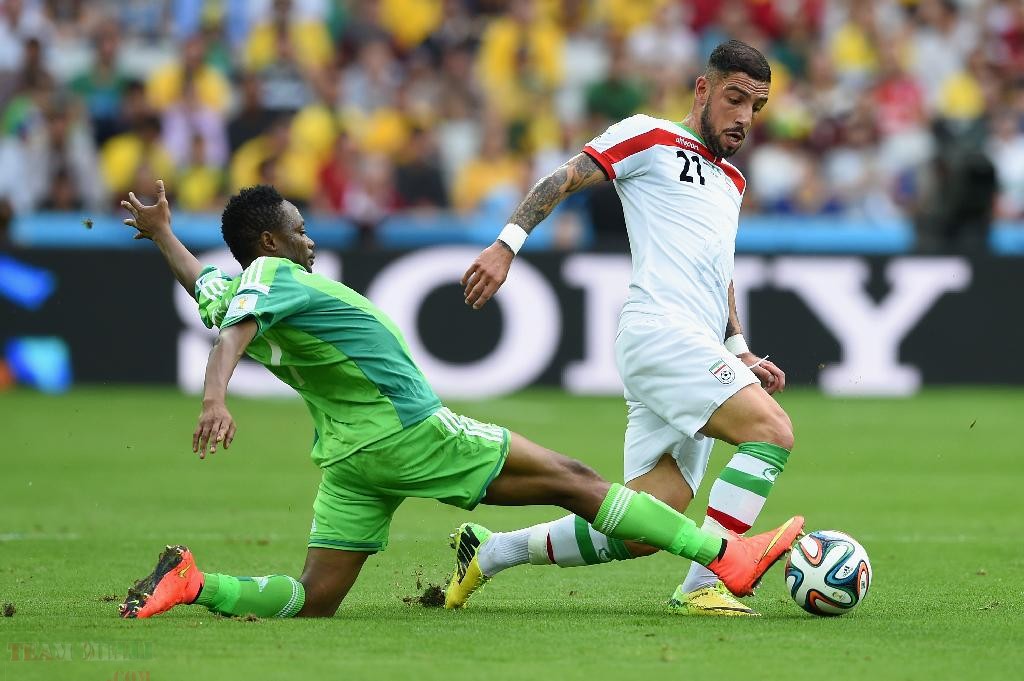- Ehsan Mohammadi
- Iranian Journalist / Iran Varzeshi
- Translated from Persian.
Yoval Noah Harari in the introduction to the acclaimed book “21 Lessons for the 21st Century” talks about the term “Digital Dictatorship”. A new dictatorship type that can overturn the facts. Iranian football is slowly being conquered by the army of virtual fans these days. Trench to trench. Fans who roar on social media but don’t even bother to turn up to the stadiums like real fans to watch a match and the stands of the stadia in Iran are getting emptier every year on end.
I admire the valuable functions of cyberspace, but the growth of the Digital Dictatorship is scary. It is wrong to shut down anyone who doesn’t think like us by forming a group and a mouthpiece, or to engage in facts with virtual campaigning and write history little by little in the way we like (not as it is) is Persecution. Even if 80 million people defend it, it is still wrong and unethical.
I wrote a few notes about AFC polls. How did come to realize how to read our hands and learned how to hold polls to increase visits, clicks and votes so that thousands of Iranians could be attacked under the influence of encouragement and to beat the drums happily and then consider success in this childish campaign a sign of excellence and rewrite, and distort history.
The issue of online polls is no different. The best goal of Asia, the most popular player in Asia, the best legionnaire in Asia, the most beautiful player, etc. It doesn’t matter what poll it is, we always win! Why? Because we are Iranians and we have to be the best.
One of the social reasons for this virtual struggle is “trying to clear up the feeling of being left behind.” Assuming that we can get our rights in Asian football with a few likes, clicks and pressing a button on the keyboard, a right we can’t get on the football field!
It has been 50 years since we qualified for the Olympics, we haven’t won the Asian Cup for almost half a century, and the last time an Iranian club won the Asian Champion League (or the Asian Clubs Championship), half of the current league players weren’t even born!
In the latest example, the AFC website ran a poll to choose the best Asian player in the FIFA World Cup.
The Candidates were:
Park Ji Sung / South Korea (three appearances, three goals scored and fourth place title in 2002)
Sami Al-Jaber / Saudi Arabia (four appearances, three goals scored and one assist)
Tim Cahill / Australia (four appearances, five goals and one assist)
Keisuke Honda / Japan (three appearances, four goals and three assists)
Alireza Beiranvand / Iran (one presence, a clean sheet and Ronaldo’s penalty save)
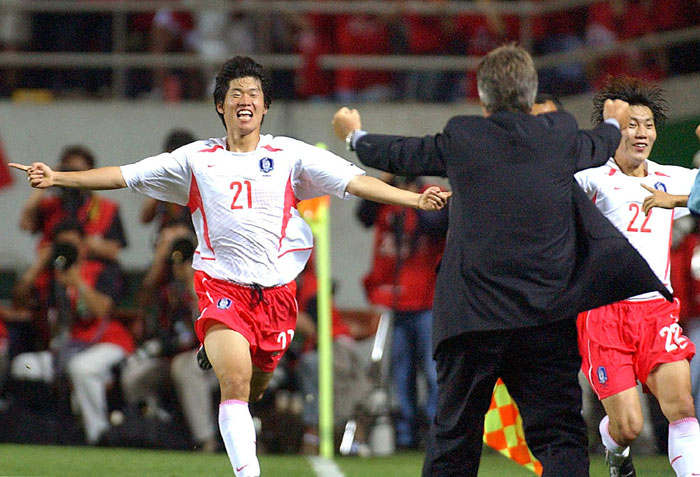
The result was shocking! Beiranvand topped the table with 68% of the votes, followed by Honda, a distant second with 24%, Sami Jaber 6%, Park Ji Sung with 1% and Tim Kahil with 0%! Beat on the drum boys and rejoice!!
Even a cooked chicken would giggle at this result, but the media and news agencies in Iran boasted that “Beiranvand became the best Asian in the history of the FIFA World Cup!” Really ….. the best Asian player in the history of the World Cup ?! Do we even believe this ourselves? When reputable news outlets, websites and sports publications publish such unrealistic news without criticism, then they endorse it and recognize it as a fact.
If it was just a hobby in the days of quarantine, it could be bypassed, but it’s ridiculous and dangerous when it goes down in history and is repeated so often in general as a document that no one else dares to criticize it.
I was constantly reminded of the famous story of Hans Christian Anderson when a child shouted “The king is naked”! Why don’t all the journalists and news outlets who know that these kings of the AFC site are not wearing their uniforms not only shout that they are also putting firewood on the fire so that you can go and vote and raise the Iranian flag! With a handful of likes and clicks ?! Isn’t this complicity in a mistake and falsification of history, or has prejudice blinded us so much that we prefer a pleasant lie to a bitter truth?
A few days later, when the professional and real specialists examined the performance of the players (without passion, clinched fists and happy drum rolls), the results were reversed and Alireza Beiranvand ended up at the bottom of the list. According to the experts Park Ji-sung topped the table, followed by Tim Kahil, Sami Al-Jaber and Honda.
This article does not seek to criticize Beiranvand, who is a distinguished player and probably the best goalkeeper in Asia right now. It condemns the credibility and integrity of the AFC circus. Want to be the best in Asia? Then prove it on the football field, otherwise be honored by Championships and trophies that are won on websites by likes, clicks and virtual campaigns. China and India have a population 20 times that of our country, and they can choose any player in their top ten as the best player in the history of the World Cup above the stars like Pele, Maradona and Messi and Ronaldo! …
If this happens, won’t we laugh at them?
Don’t doubt that many in Asia are laughing at us now with our virtual and imaginary internet honors. If we are about national pride, we should not fool ourselves into believing such fallacy.


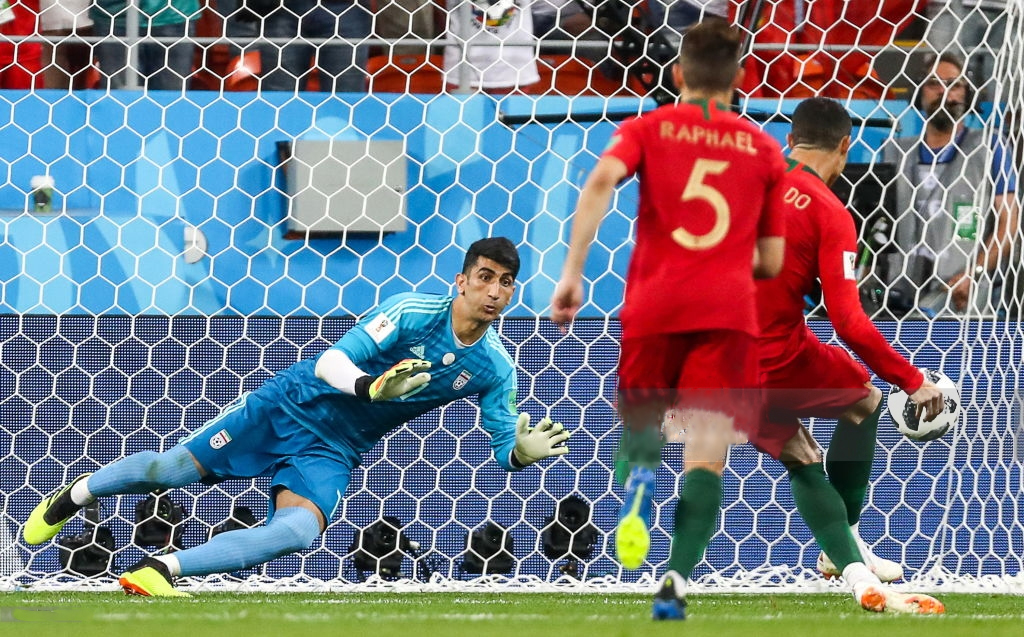

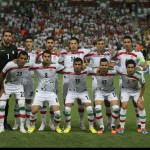



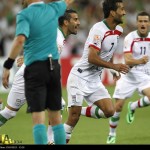
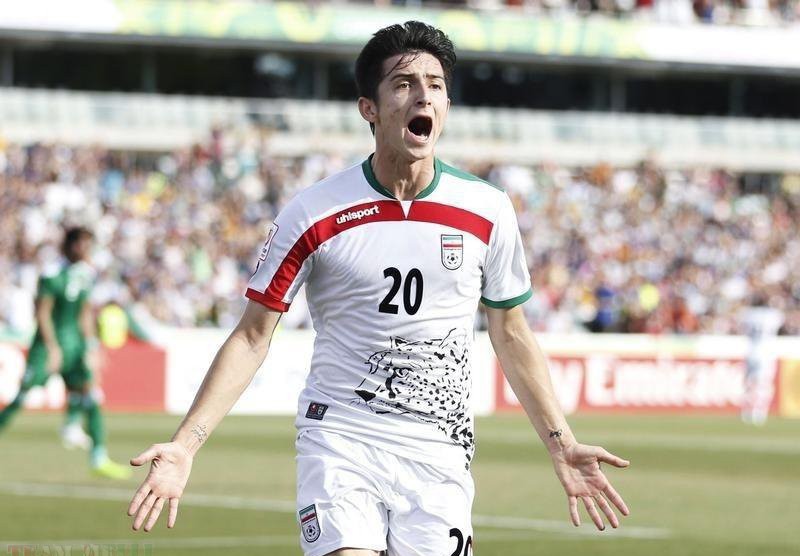
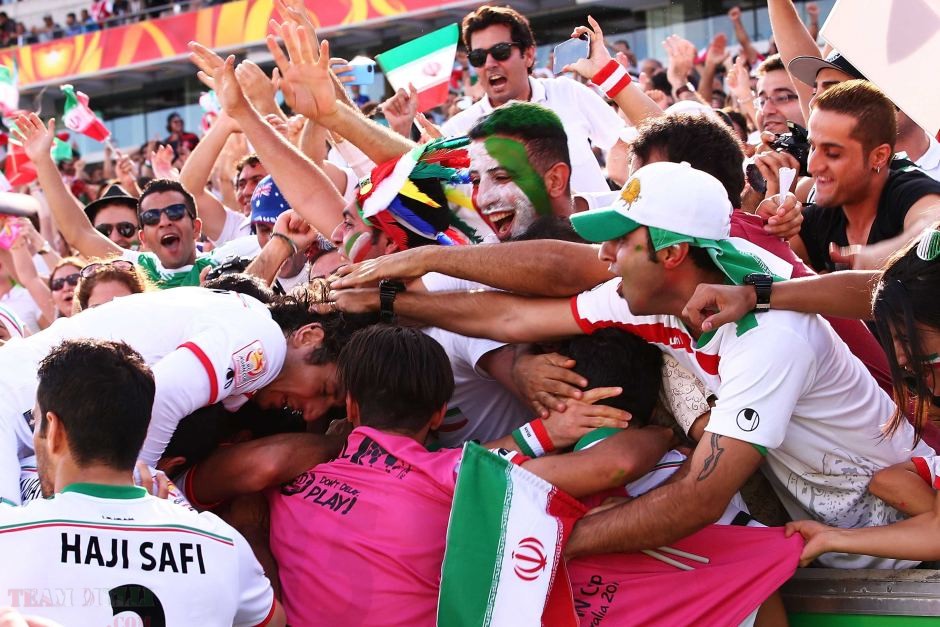
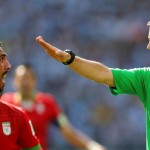

 Quick on the ball: Attacking midfielder Ashkan Dejagah will be a threat in Group C for Iran.
Quick on the ball: Attacking midfielder Ashkan Dejagah will be a threat in Group C for Iran.